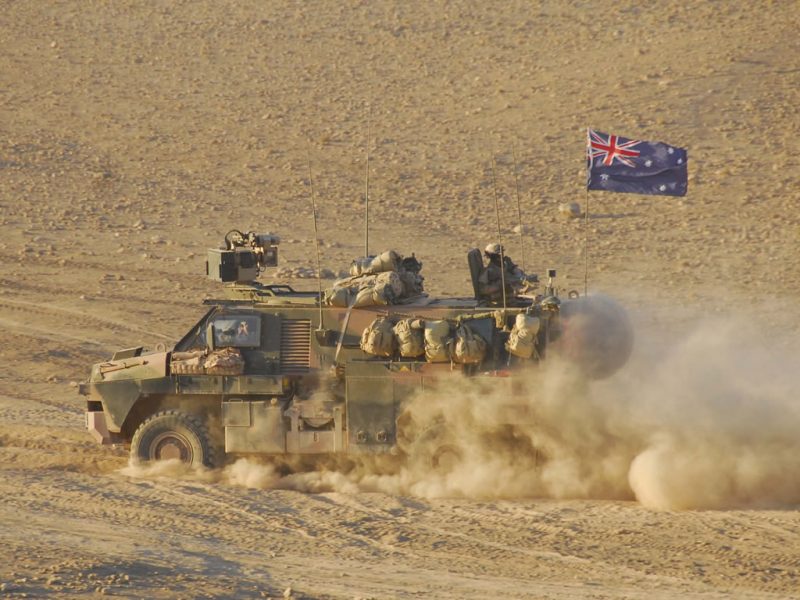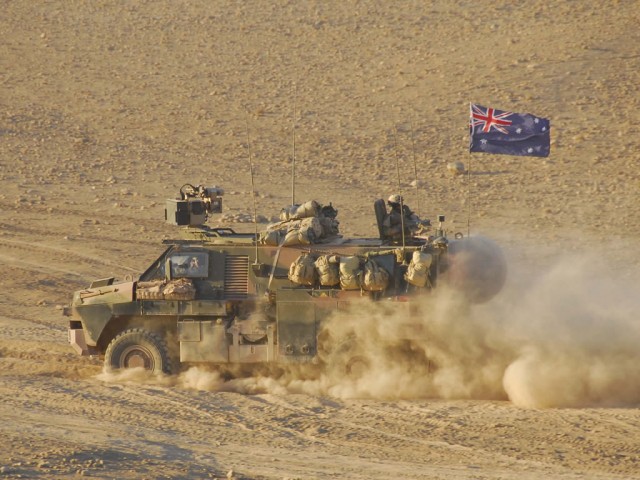Tony Abbott, Australian prime minister, traveled to Darwin last week, where he took part in a ceremony organized for the return of soldiers who fought in Afghanistan. During the ceremony, the prime minister insisted that Australians don’t join the war to conquer, but to help, to build and to serve, reason for which all efforts were worth it. Abbott said the price they paid was huge but the success has also been sufficient.
The Australian prime minister announced 21 March 2015 to be the first national day of remembrance for the war in Afghanistan. The day was set to pay tribute to the 40 men who lost their lives in Afghan war, to the 261 men wounded during the deployment and the 400 servicemen who are still there today.
The next four years will bring a series events and military ceremonies, to give people the chance to remember, learn and reflect on Australia’s and Britain’s contribution to several conflicts since World War One. “No one says ‘Australia was born at Gallipoli’. Australia was born in 1901, and there needs to be a certain amount of de-mythologising. Let’s hope the historians win out over the politicians, who strike me as fairly jingoistic,” said author Thomas Keneally.
All soldiers know how brutal war and fighting could be, ask any of them and they will tell you. Very few will ever idealize the conflict, since problems of post-traumatic stress, mental health problems, lost limbs and suicide have aggravated amongst American servicemen returning from Afghanistan, the The Guardian reports.
The war doesn’t look beautiful and it doesn’t bring happiness, just like victory is not sweet and going back home is not going back to normal. The war is just a bloody mess, a death hole, an end of the world where you fight to stay alive and you fight for the good people to stay alive and in a better world.
So how should a nation remember those who lost their lives to our salvation and those whose death we created on foreign land? How should we honour the wounded, the broken families, the disabled men, the suffering, the ill and the old. We can never know about everything that has happened there, unless we hear the testimonies of those who cared to be there for their countries and for their people.
“It is bizarre and inexcusable that there is as yet no commissioned official military history of the conflicts in East Timor, the Solomons, Iraq or Afghanistan … Serving generals should be making the case to government for the urgent completion of these histories so that the military can learn and improve, but they are not,” wrote Iraq war vet James Brown.
//

